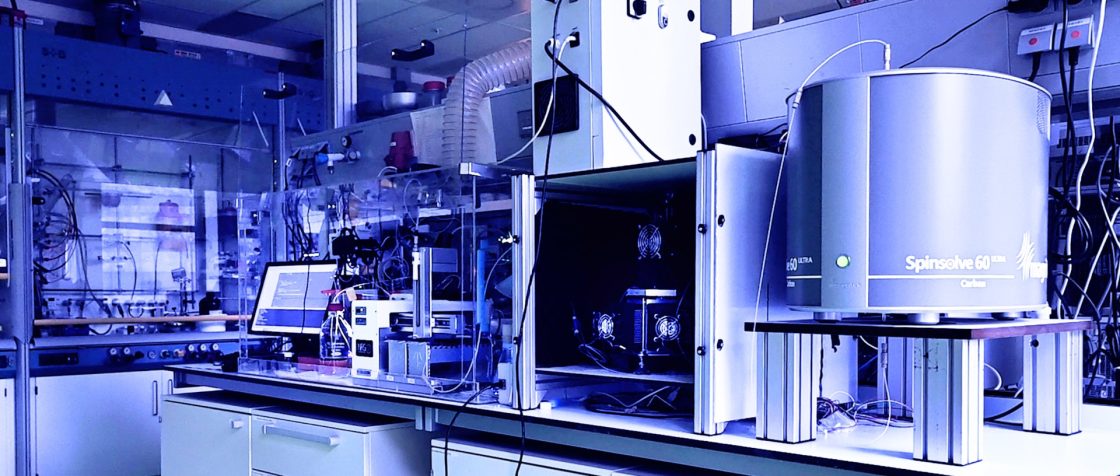
RoboChem – a self-operating chemical synthesis robot equipped with an AI-based machine-learning system – is the latest creation of a research team from the University of Amsterdam (UvA). RoboChem functions as a precise and reliable chemist, capable of performing a variety of reactions while producing minimal amounts of waste and working autonomously around the clock. Said to be the first of its kind, this new laboratory instrument could significantly accelerate the chemical discovery of molecules for pharmaceutical and other applications.
“In a week, we can optimize the synthesis of about ten to twenty molecules. This would take a PhD student several months,” said Dr. Timothy Noël at the UvA’s Van ‘t Hoff Institute for Molecular Sciences.
RoboChem uses flow chemistry techniques, where a system of small, flexible tubes replaces traditional tools. It uses a robotic needle to precisely collect starting materials and mixes these together in small volumes of just over half a milliliter. These are then sent through the tubing system towards the reactor where light from LEDs triggers the molecular conversion by activating a photocatalyst included in the reaction mixture. The flow then continues towards an automated NMR spectrometer that identifies the transformed molecules. These data are fed back in real time to the computer that controls RoboChem.
“This is the brain behind RoboChem,’ said Noël. ‘It processes the information using artificial intelligence. We use a machine learning algorithm that autonomously determines which reactions to perform. It always aims for the optimal outcome and constantly refines its understanding of the chemistry.”
To substantiate RoboChem’s results, the team isolated and manually checked the systems’ results. They also used RoboChem to replicate previous research published in four randomly selected papers to assess whether Robochem produced the same, or better, results.
“In about 80% of the cases, the system produced better yields. For the other 20%, the results were similar,” Noël said. ‘This leaves me with no doubt that an AI-assisted approach will be beneficial to chemical discovery in the broadest possible sense.”
RoboChem also provides the settings for scale-up. ‘This means we can produce quantities that are directly relevant for suppliers to the pharmaceutical industry, for example,” added Noël.
